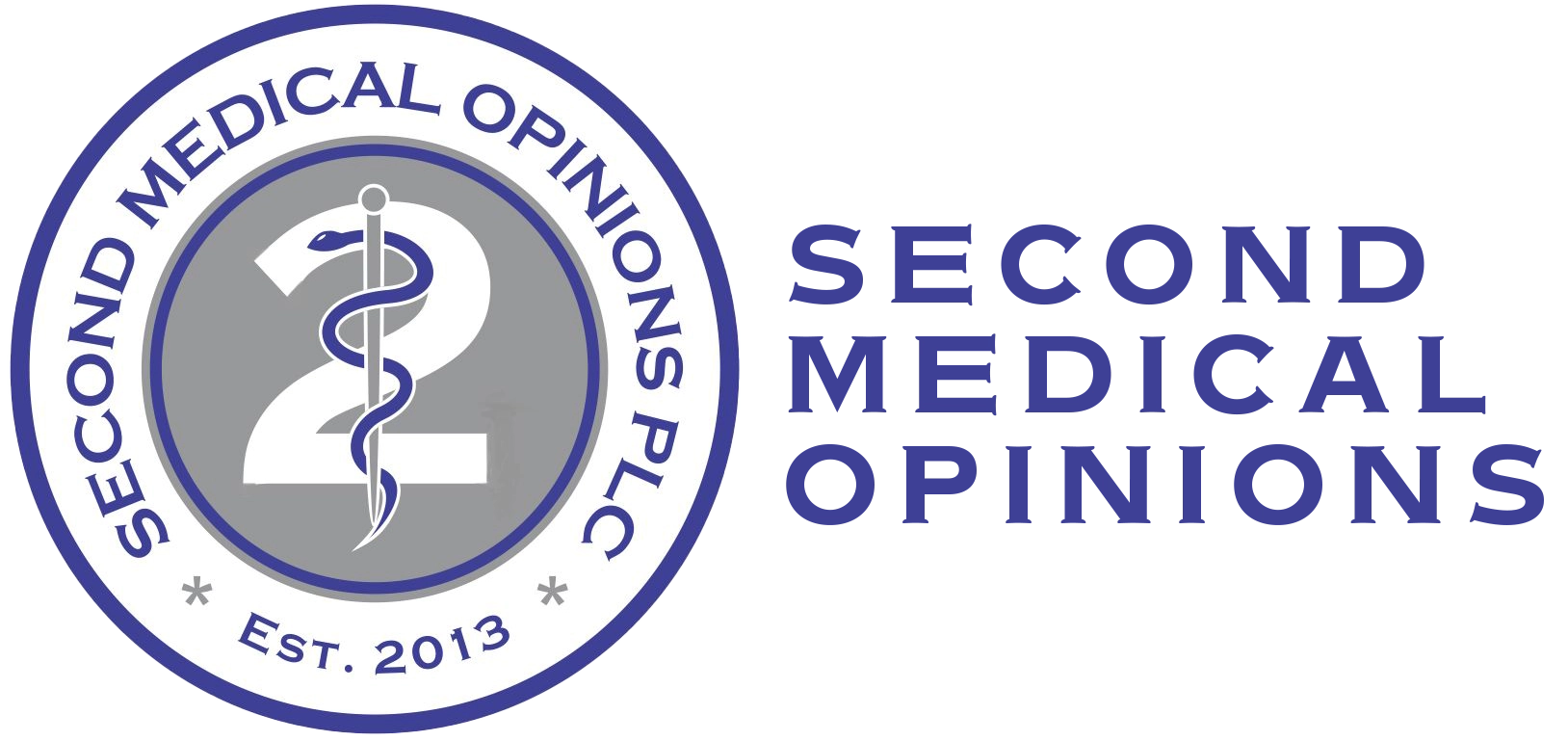Malnutrition in Hospitalized Patients
Malnutrition is a very common condition in hospitalized patients. Up to 40% may present with some degree of malnutrition(1), while severe malnutrition affects between 8.4% and 21.4%(2,3). Surprisingly, despite its prevalence, it remains one of the most under-documented conditions.
When present, malnutrition is associated with worse clinical outcomes. A poorly nourished body has a weakened immune system, making it more vulnerable to infections and other complications. Electrolyte depletion and cellular dysfunction contribute to a higher severity of illness and increased risk of mortality.
Why Proper Documentation Matters
Ensuring malnutrition is properly documented and stratified (e.g., mild, moderate, or severe) is essential for the following reasons:
-
It supports appropriate reimbursement for the resources used in care.
-
It accurately reflects severity of illness (SOI) and risk of mortality (ROM).
-
Quality metrics such as observed/expected mortality and risk-adjusted mortality are influenced by malnutrition status.
ASPEN Criteria for Diagnosis
The ASPEN Criteria are widely accepted for identifying and staging malnutrition. These criteria emphasize:
-
History of weight loss and reduced food intake
-
Physical signs such as muscle and fat loss, edema, and reduced handgrip strength
Laboratory values like albumin and prealbumin, and measurements like weight, are not considered diagnostic criteria.
Clinical Queries and Compliance
The under-documentation of malnutrition often leads to increased clinical queries. To ensure compliance and avoid fraud or abuse, queries must:
-
Be of high quality and consistent with policy
-
Include appropriate clinical indicators
-
Be non-leading and supported by evidence
Dietitian evaluations are valuable tools to support queries and provider communication.
Conclusion
Malnutrition is common, under-documented, and associated with adverse outcomes. Accurate documentation improves quality reporting and reimbursement. ASPEN criteria provide a reliable diagnostic framework, and all clinical queries must be evidence-based to maintain compliance.
Marco A. Ramos, MD, CCDS
Board-Certified in Nephrology
Certified Clinical Documentation Specialist
